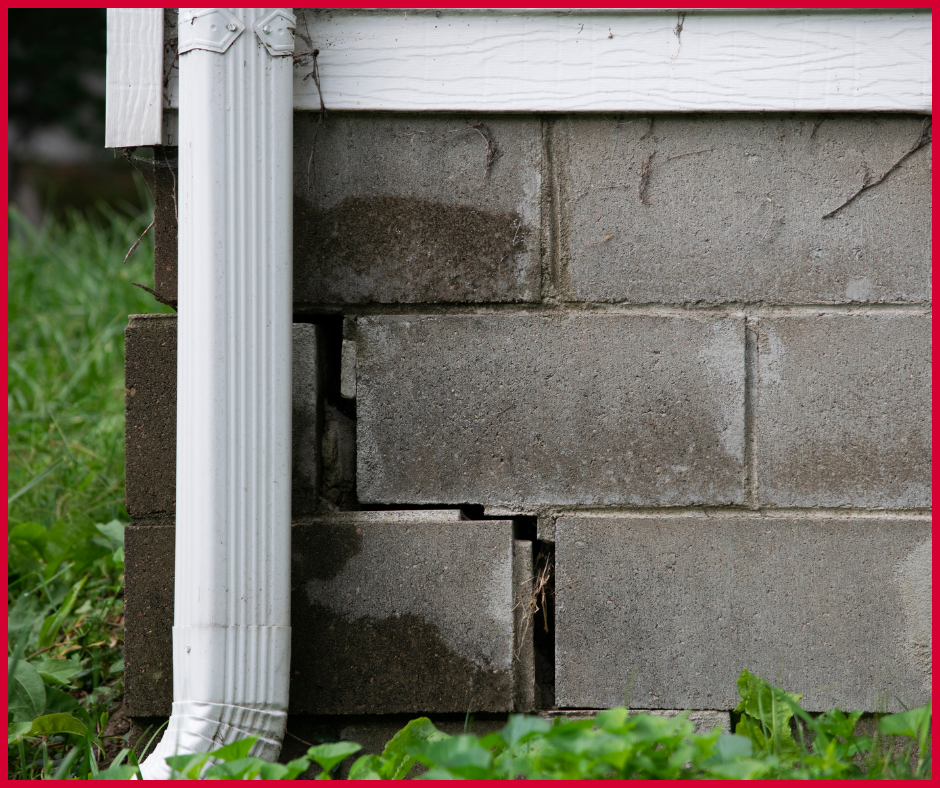Homeowners in the First State often face a hidden but serious threat: poor soil drainage. While it might not be as visible as a roof leak or broken appliance, soil drainage in Delaware plays a major role in the long-term stability of your home’s foundation. With a landscape that includes clay-heavy soils, seasonal rains, and fluctuating water tables, Delaware properties are particularly susceptible to drainage-related damage.
What Is Soil Drainage and Why Does It Matter?
Soil drainage refers to how quickly and efficiently water moves through the soil. In areas with healthy drainage, rainwater is absorbed and redirected away from structures. However, when drainage is poor—as is often the case with compacted or clay-rich soils—water can pool around the foundation of a home. Over time, this constant moisture can lead to soil movement, erosion, and foundation instability.
In Delaware, many properties sit on soil types that retain water, especially in areas with minimal grading or poor landscaping design. That’s why understanding soil drainage in Delaware is vital to protecting your home from long-term structural issues.
How Soil Drainage in Delaware Affects Foundations

When excess water builds up around a home’s foundation, the ground can expand, contract, or erode, causing:
-
Cracks in foundation walls and floors
-
Shifting or settling of the structure
-
Bowing basement walls due to hydrostatic pressure
-
Basement leaks and interior water damage
These issues are especially common in older homes or properties where the original grading has been altered over time. Because soil drainage in Delaware can vary significantly from one neighborhood to another, even new construction homes can face problems if proper site planning and water management weren’t prioritized.
Signs That Poor Soil Drainage May Be Impacting Your Home
Delaware homeowners should stay alert for early red flags that may point to foundation damage caused by poor drainage:
-
Water pooling near the base of the home after rain
-
Mold or mildew smells in the basement or crawl space
-
Doors or windows that stick or won’t close properly
-
Uneven or sloping floors inside the home
-
Visible cracks in exterior or interior walls
If you notice any of these signs, it could be due to unresolved soil drainage issues in Delaware, and it’s time to take a closer look.
What Can Be Done to Improve Soil Drainage in Delaware?
Protecting your home’s foundation starts with proactive water management. Here are some effective strategies to improve soil drainage in Delaware:
-
Proper Grading: Ensure that your yard slopes away from the home to redirect water naturally.
-
Gutter & Downspout Maintenance: Keep gutters clean and downspouts extended at least 5–10 feet away from the foundation.
-
French Drains or Dry Wells: Install systems that collect and redirect excess water away from vulnerable areas.
-
Sump Pumps: In areas prone to high water tables, a sump pump can help remove groundwater before it causes damage.
-
Landscaping Choices: Use plants and mulch that help absorb water instead of compacting soil.
An inspection from a qualified home inspector can also help identify current or potential drainage issues. A professional eye can evaluate how soil drainage in Delaware is impacting your property and recommend tailored solutions.
Why This Matters in Delaware
Delaware may be a small state, but its geographical diversity means that soil drainage in Delaware varies widely. From the clay soils of New Castle County to the sandier areas in Sussex, homeowners across the state face unique challenges. Homes near rivers, marshes, or low-lying areas are especially vulnerable to moisture-related foundation problems.
Failing to address these issues early can result in costly repairs—not just to your foundation, but to framing, flooring, plumbing, and electrical systems as well.
Final Thoughts
Soil drainage in Delaware isn’t just a landscaping concern—it’s a critical part of home preservation. Whether you’re maintaining an older home or preparing to buy a new one, understanding how drainage impacts your foundation can save you time, money, and stress in the long run.
If you’re unsure about your home’s drainage conditions, schedule a professional home inspection. Catching small issues early can prevent major foundation problems down the road and help you enjoy a safer, drier, and more stable home.